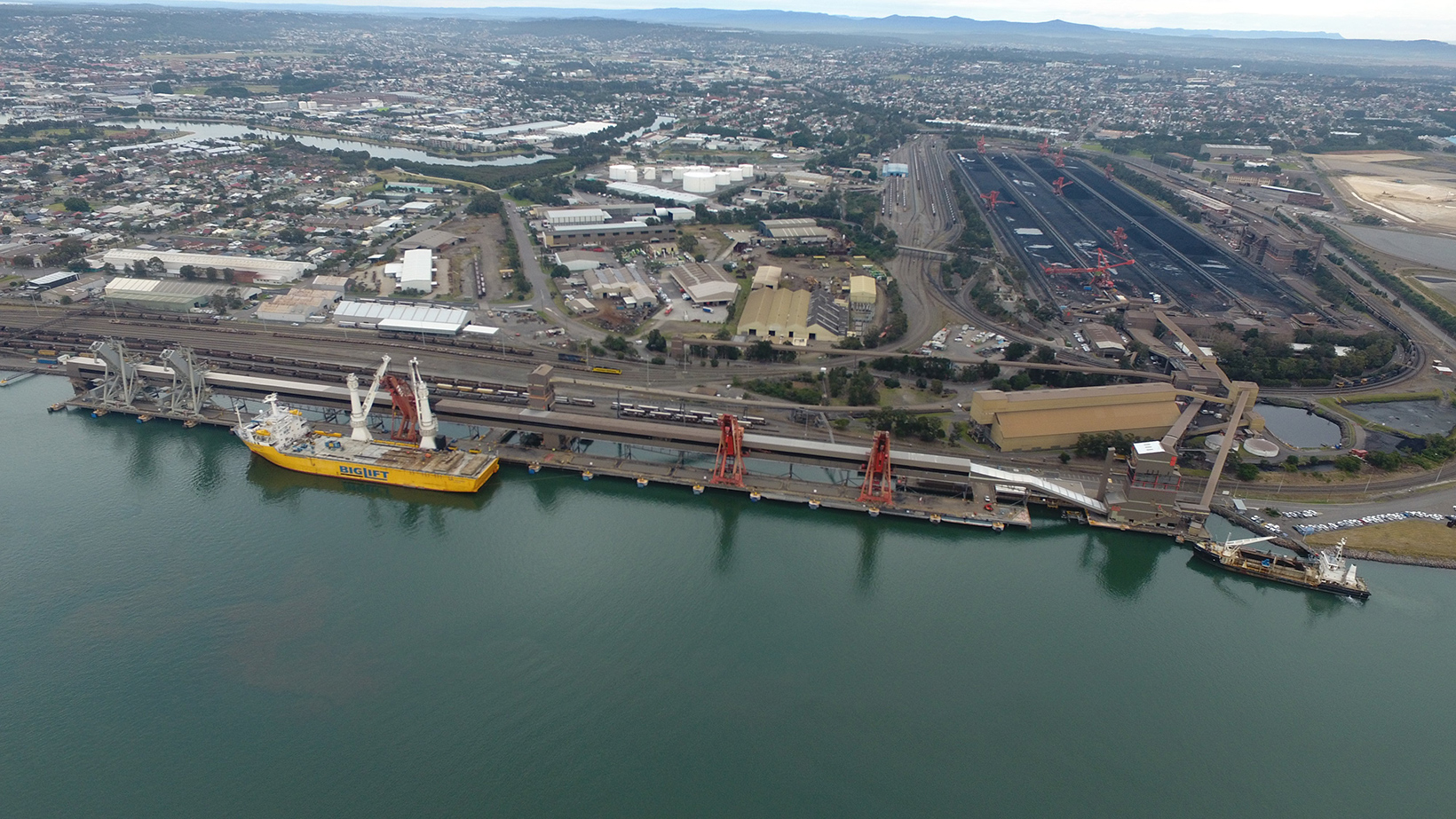Page
Opinion: Mining delivers for Hunter communities
Originally published in the Newcastle Herald
NSW Minerals Council CEO, Stephen Galilee
In some of the public debates about mining, it can be easy to forget the real people in the Hunter – the miners, their families and those working in businesses such as pubs, clubs, cafes and motels, and as electricians, plumbers and mechanics. They rely on mining to provide jobs and deliver economic stability.
New evidence shows the economic benefits of mining in the Hunter extend well beyond the mining sector and across the broader Hunter economy, helping to generate small business activity and support non-mining jobs.
Our recent survey of NSW mining spending found that mining companies spent $4.6billion in the Hunter last year with almost 5000 businesses that supplied goods or services to mining operations. This direct spending supported thousands of other businesses and jobs in a wide range of industries, from manufacturing and engineering to retail and hospitality.
Across the Hunter, another $1.7 billion was directly spent by mining companies on the salaries of 12,000 miners, who spent at least some of this money locally.
The total of $6.3 billion in direct spending by mining companies on wages, and goods and services in the Hunter, was estimated to have contributed 35per cent of the gross regional product of the Hunter in 2012-13. It’s a big contribution to the economic strength of a region that underpins the strength of the state.
This $6.3 billion of mining money is being spent across the region by mining companies and workers, with flow-on benefits across the broader economy. It means mining trucks repaired at Mount Thorley, family cars serviced in Cessnock, beer bought for mates in Newcastle, motels booked in Muswellbrook, meals ordered at restaurants in Singleton, and hair styled and cut in Cessnock.
These are the types of businesses that contribute so much to the fabric of Hunter communities and make up the membership of chambers of commerce.
It’s businesses like these, along with the associated jobs, that make it critical for the state government to get the policy settings right for mining.
Good policies can foster opportunities for mining in NSW. Good policies include an efficient regulatory system, an uncomplicated and timely project assessment process, adequate public infrastructure investment, and a competitive tax regime.
Bad policies can strangle opportunity and cost investment and jobs. Bad policies include a lack of infrastructure investment, increased taxes, and a cumbersome regulatory system.
If we want mining to continue to drive economic activity in the Hunter, the NSW planning system must be fixed to provide certainty and stability for the future.
The government should also commit to an Industry Action Plan for Mining. In NSW we have such plans for professional services, manufacturing, education and research, the visitor economy, the digital economy, and the creative industries.
A plan for mining would be recognition of the strategic economic benefit of the industry for the Hunter and NSW economy, including for jobs, investment, trade, infrastructure, regional development and energy supply.
These policy measures will help ensure a strong and vibrant mining sector that continues to deliver economic strength and jobs for the Hunter, and for NSW.

